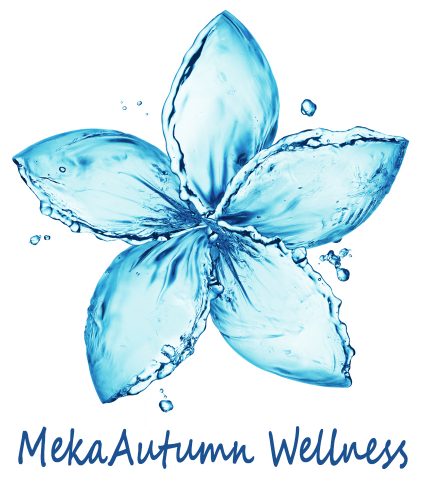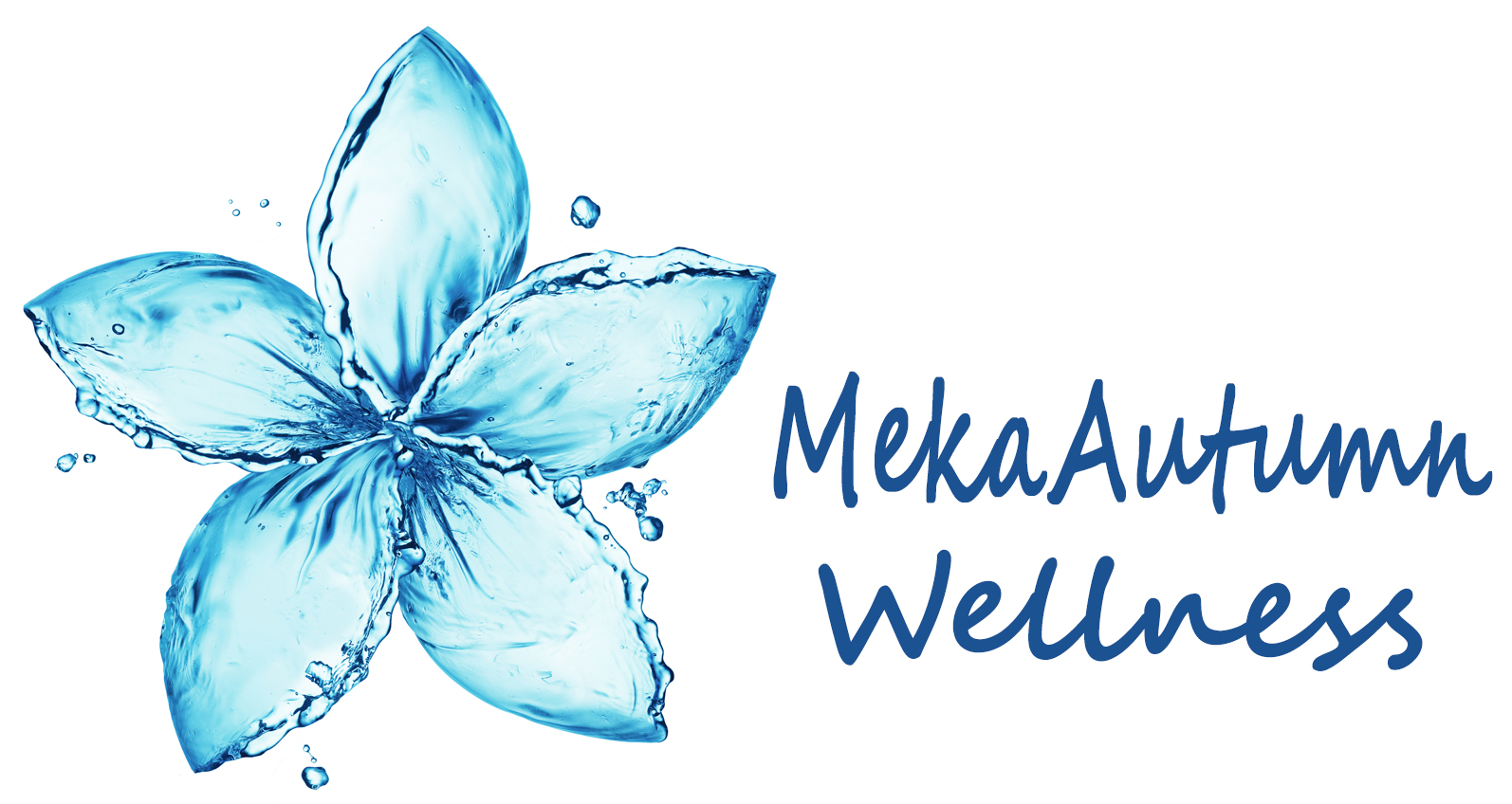Vitamins
SAILING FIT
By: Meka A Aiken
ACE Certified Personal Trainer
SAILFIT Inc
When it comes to vitamins and minerals there are so many different products on the shelves how do you know what to choose? Most vitamins you can get from simply eating a healthy diet. In Simple terms Vitamins are organic compounds. They are either fat-soluble (stored in body fat) or water -soluble (not stored by the body) and act as metabolic regulators. Minerals are also organic compounds but they help to regulate bodily functions. Here is an outline of basic Vitamins and minerals. This should help to give you an idea of their importance and how easily accessible they are in a well balanced diet.
Vitamin | Function | Food Source |
A | Bone & Tooth Growth, helps vision in dim lighting. | Green leafy vegetables, dairy products, fortified oatmeal |
B1 | During metabolism it assists the body in releasing energy from carbohydrates. | Whole grains, pasta meats and rice |
B2 | During metabolism it assists the body in releasing energy from carbohydrates, fat and protein. | Liver, milk, whole grains, green leafy vegetables. |
B6 | Helps build body tissue | Bananas, Fish, Dried beans, lean meats, poultry, prunes |
B12 | Functioning of the nervous system and cell development. | Milk, seafood & meats |
Biotin | Involved in the metabolism of fat, protein and carbohydrates. | Legumes, grain and cereal products |
Folate/Folic Acid | Assist in red blood cell production | Beans and lentils, organ meats and green leafy vegetables. |
Niacin | Assists in carbohydrate, fat and protein metabolism | Peanuts, potatoes, dairy, meat, fish and poultry. |
C | Needed for structure of muscle, cartiledge and bones. Helps absorb iron | Peppers, Citrus fruits |
D | Helps maintain nervous system and in the formation of bones and teeth. | Sunlight, fish and dairy. |
E | Prevents destruction of EFA’s, body tissue and blood cells in the body. | Vegetable oil, wheat germ, nuts, green leafy vegetables. |
K | Needed for blood clotting functions | Fruit, grain products, green leafy vegetables, dairy. |
Mineral | Function | Food Source |
Calcium | Regulates heart beat, blood clotting, strong bones &Muscle tissue | Milk Products |
Chromium | Assists glucose metabolism | Clams, corn oil, whole grain cereals. |
Copper | Bone growth and formation of red blood cells | Liver, oysters, nuts |
Iron | Raises resistance to stress and disease, formation of hemoglobin | Meats and legumes |
Magnesium | Helps keep acids and alkalines in balance and aids metabolism of minerals and sugars | Green vegetables, whole grains and nuts |
Manganese | Skeletal development, carbohydrate and fat production | Nuts, whole grains, fruits and vegetables |
Phosphorus | Needed in fat, carbohydrate and fat utilization and bone development | Fish, poultry, eggs, grains, meats |
Potassium | Controls nervous system and heart muscle activity and fluid balance | Bananas, lean meat, vegetables |
Zinc | Helps the healing process, involved in digestion | Seafood, lean meats, whole grains, eggs |
Due to everyone’s individual diets and individual bodies many people choose to take a multivitamin plus mineral. This way they are getting a balanced variety of everything. For those who are more in tuned to how their bodies feel they may choose to take a few specific vitamins or just higher doses of those vitamins. For instance many vegetarians and women take additional iron supplements.
Not everyone will have the same reaction to certain vitamins and minerals. If you are going to introduce your body to a few different types it is best to do it one at a time. This way you know how it makes you feel and if it really gives you any benefits. When you purchase your vitamins it is important to read the label. Many times you will find that there are some extra mystery ingredients that you may not be willing to put in your body. Also if you have a restricted diet there are many vitamins and minerals that are yeast free, dairy free or safe for vegetarians.
Before deciding on just any anything to put in your body it is my advice that you do a little research. There are a variety of resources on the Internet and just as many books and articles to choose from. One book that I think is very helpful is called “Prescription for Nutritional Healing’’ by Phyllis A., C.N.C. Balch, James F., M.D. Balch. If you have any questions I would be more than happy to help you or help you find the answer. I feel that what vitamins and minerals you choose to take or choose not to take is a personal decision. Only you know how you feel and what your body needs. My purpose here was to just create awareness and let you know the basics.




